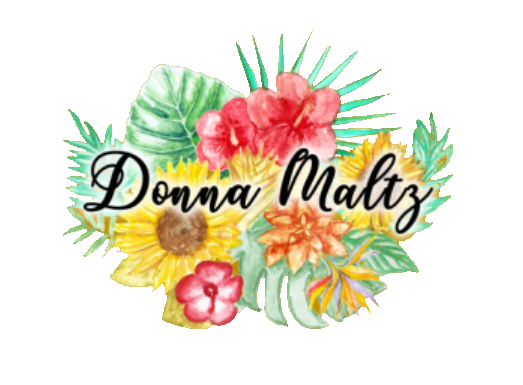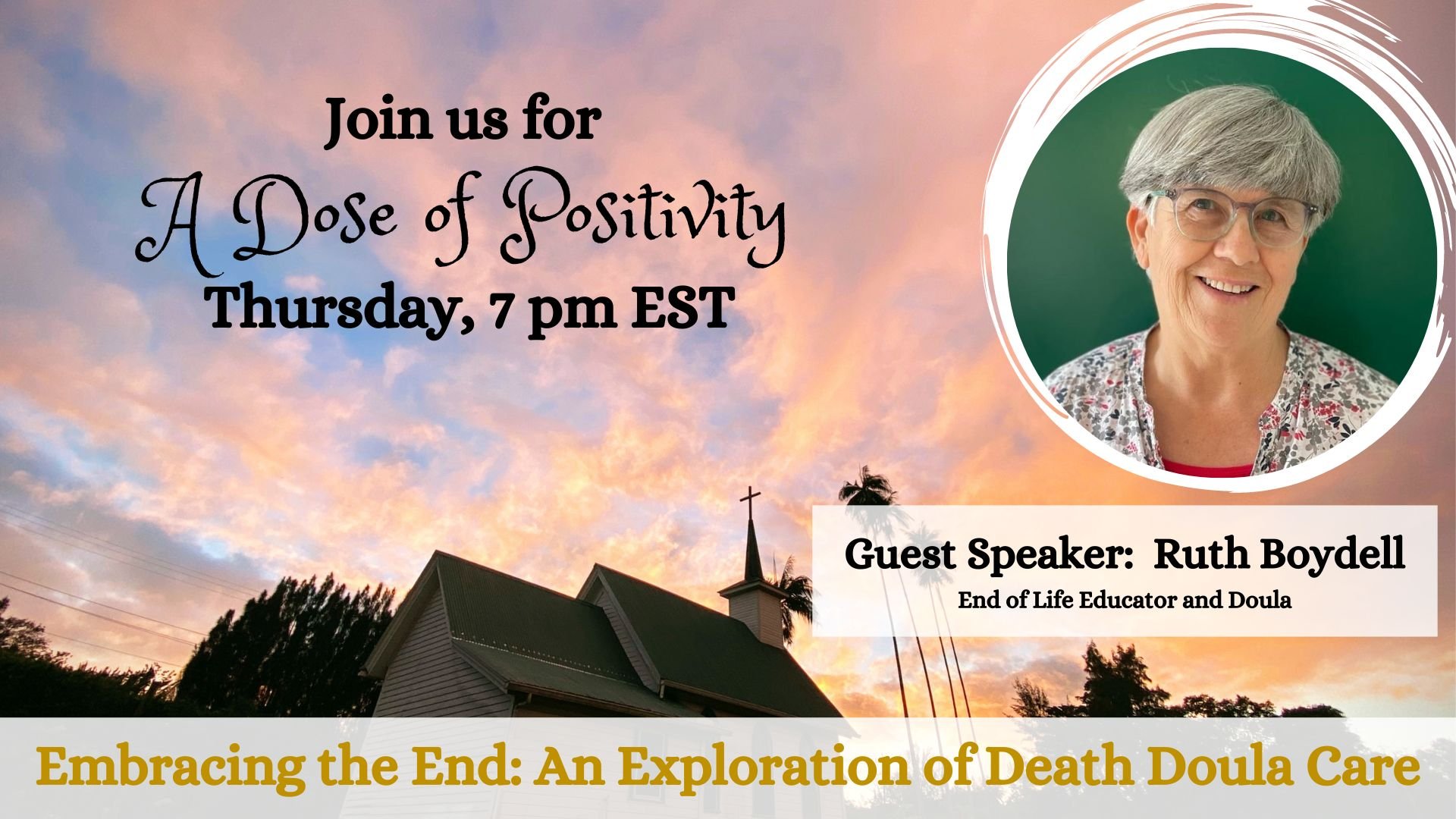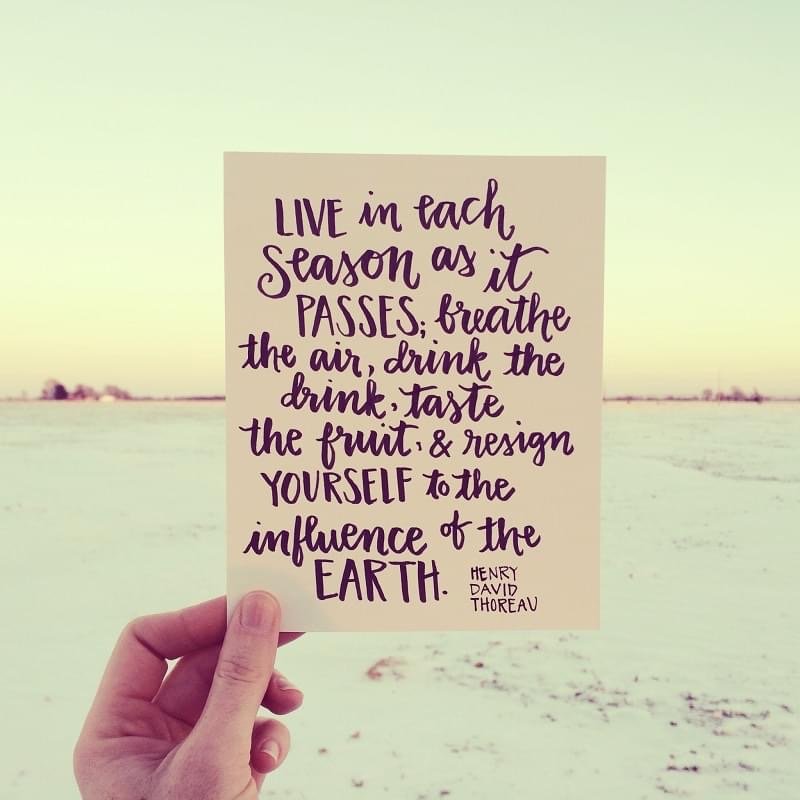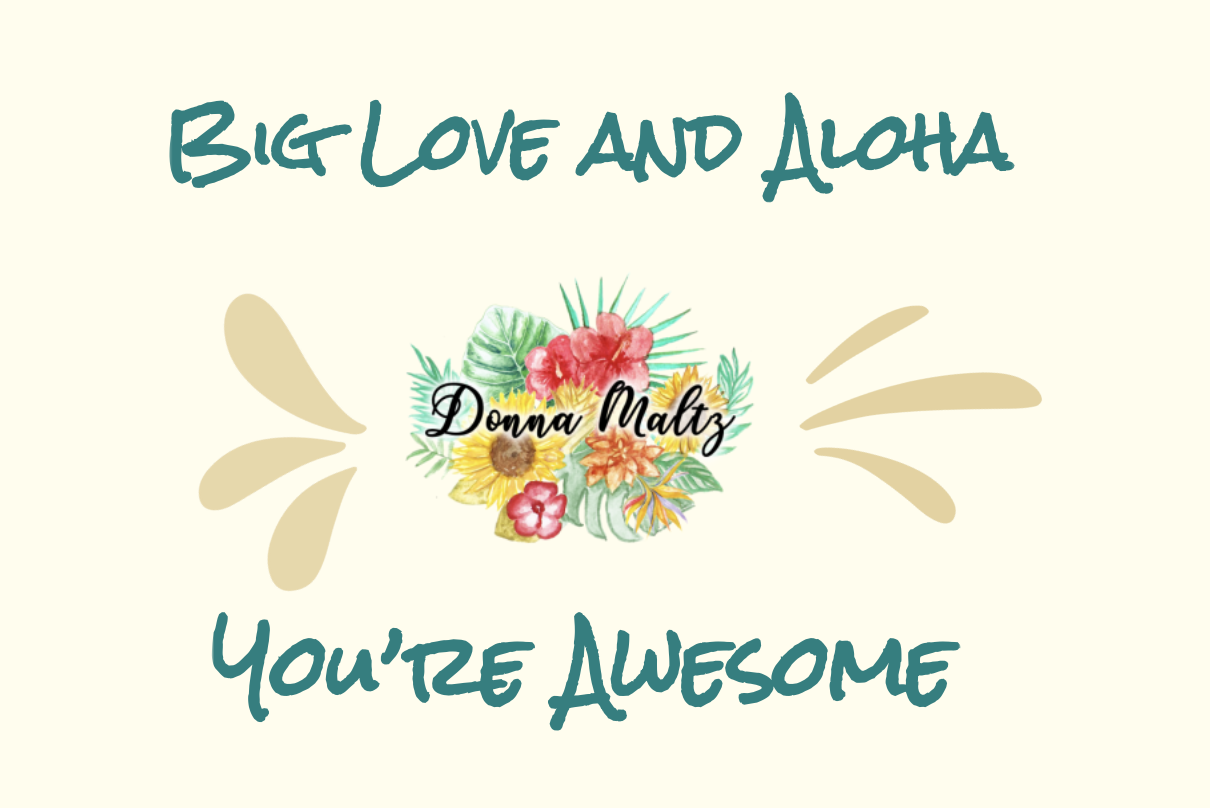WHY End-of-Life Plans?
“The idea is to die young as late as possible”- Ashley Montagu
As I reflect on the current state of the world, I can't help but feel a sense of urgency to talk about preparing for death. With the global population reaching an unsustainable 8 billion and crises like Covid, climate change, mass shootings, wars, and domestic violence, the natural cycle of life and death is becoming more complex and challenging to navigate. But rather than feeling powerless or paralyzed by fear, I believe that being resistant, resilient, and proactive while we are alive in our current bodies and minds can determine how we lived and how we die. In other words, preparing for death is about planning for the end and living with intention and purpose.
You’re Never Too Young or Too Old to Make End-of-Life Plans
I used to think that only older people needed to worry about end-of-life planning. It wasn't until I experienced a few wake-up calls, I realized how important it is to be prepared, not scared. I learned that living, eating, and working like the future matters can make our relationship with death and the afterlife a part of living.
It's easy to feel invincible when you're young and healthy, but the truth is that we're not immortal. We never know what life will throw at us, so it's never too early or too late to make end-of-life plans. Sometimes it takes a tragic event, like an accident in your community or the sudden death of a loved one, to make you realize how fragile life is.
Over the past few months, the opportunity to interview several professionals who work in the end-of-life field has been an enriching experience. Learning about the different aspects of the living to dying to death phases from various perspectives has been fascinating. I am thrilled to announce this week that Ruth Boydell, an End of Life Educator and Doula, will join me on A Dose of Positivity for a live broadcast. I am honored to have the chance to speak with her and gain further insight into the valuable work she does. Please join us.
Death doulas or death midwives are professionals who provide non-medical, holistic support to people and their families during the end-of-life journey. They offer emotional, spiritual, and practical guidance to help individuals and their loved ones navigate this natural part of life with dignity, grace, and honor.
When it comes to talking about end-of-life planning, there are some pro tips to keep in mind. If you're talking with children, it's important to ask open-ended questions that get them thinking. You can start by asking how they would like to be remembered and educating them about the natural part of living, including death. Helping them to accept the natural process makes it more natural for them to be compassionate and help other children who experience the loss of a pet or parent.
Talking with teenagers can be a bit more complicated, but being open and honest with them is important. They may have experienced the unexpected death of a friend, which can intensify their emotions. You can ask them about their thoughts on issues like organ donation and life support and compare and contrast your beliefs to come to conclusions about what they want and how they feel.
Talking with adults, from your spouse or siblings to aging parents, can be challenging as well. It's important to plan and prepare for the discussion rather than blindside someone with tough questions. Decide on medical consent and who will make decisions if they can't. Discuss burial or cremation preferences, including costs and how they will be met.
Consider a living will, and if you or someone you know and love, life is transitioning, consider working with a death doula or end-of-life specialists before the end-of-life experience begins. The more comfortable we are with the process, our life can be more fulfilling.
Some of the practical support death doulas provide include help with advance care planning, making end-of-life decisions, creating a peaceful and comfortable environment, and coordinating care with medical professionals. They also provide emotional support by listening, offering comfort, and helping individuals and their loved ones process their feelings.
Death doulas recognize that each person's end-of-life journey is unique and work to create a personalized plan of care that honors the individual's wishes and values. They also support families during the post-death period, providing guidance on rituals and practical matters such as arranging funeral services and handling legal matters.
Death doulas play a vital role in providing gentle guidance through the end-of-life Journey. Their compassionate and holistic approach can help individuals and their loved ones navigate this natural part of life with grace and dignity.
International End of Life Doula Association (INELDA) - This organization provides resources and training for end-of-life doulas, including a directory of certified doulas: https://www.inelda.org/
National Hospice and Palliative Care Organization (NHPCO) - This organization provides information and resources for hospice and palliative care, including a directory of providers: https://www.nhpco.org/
Doula UK - This organization provides information and resources for birth and end-of-life doulas, including a directory of certified doulas in the UK: https://doula.org.uk/
Death Cafe - This organization provides a platform for people to come together and discuss death and dying in a safe and supportive environment: https://deathcafe.com/
The Order of the Good Death - This organization provides resources and information on death positivity and alternative funeral practices: https://www.orderofthegooddeath.com/
I hope these resources help you learn more about the important work of death doulas and provide guidance for those navigating end-of-life care or wishing to get their affairs in order. A Living Will is peace of mind.
Part of what makes talking about death scary is our attitude about it. The easier we approach the subject, the easier it is to talk about it. You're never too young to think about how you want to be supported medically and cared for when you die. Remember, the idea is to die young, as late as possible. So let's be prepared and live our lives to the fullest, knowing that we've done what we can to take care of ourselves and our loved ones. By living, eating, and working like the future matters, we can make our relationship with death and the afterlife a part of living a thriving life.
Living Like the Future Matters
By Donna Maltz
Live like the future matters,
Embrace each moment with care.
For every breath we take,
Is a gift that we should share.
Let's not fear the unknown,
Nor the inevitable end.
For life is a precious journey,
That we must learn to comprehend.
Believe what you will,
But let it guide you with grace.
For how we live our lives,
Plays a part in our final resting place.
Cherish the quality of life,
And the legacy you leave behind.
For our actions today,
Will shape the future we'll find.
So live like the future matters,
And be present in every way.
For every second we have,
Is a chance to make our mark and stay.
I invite you to share this post and please comment below, with your thoughts and insights as you are helping others. 💕
🥰 A Dose of Positivity
See you all this Thursday for another supreme Dose of Positivity with my special guest, Ruth Boydell who will share about end of life care and death doulas 💕
Need some Mama Donna love? 🥰








